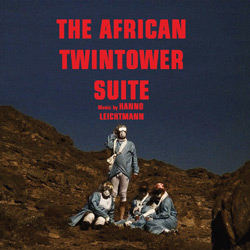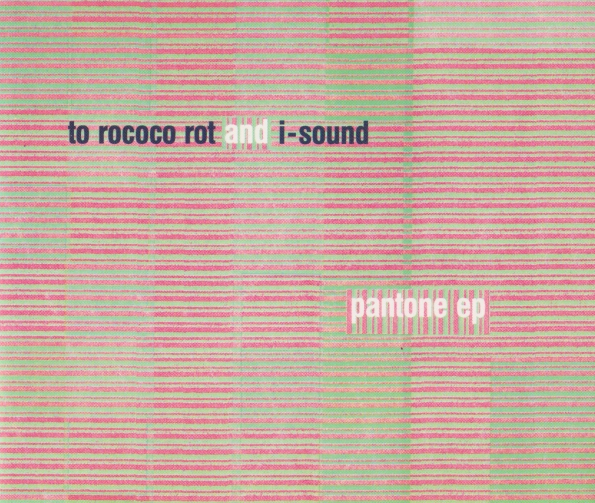 Soundtrack albums are troubled beasts – the relationship between visuals and music can forever colour how we feel about the music. Who can hear “Summer Loving” without thinking of that scene in Grease? Interesting, then, that this record doesn’t have the direct film-soundtrack relationship – while it was designed to accompany a film by Christoph Schlingensief, it apparently mutated into something else, and the film failed to materialise. So we have the odd case of the music having its inspiration in visuals the audience won’t see.
Soundtrack albums are troubled beasts – the relationship between visuals and music can forever colour how we feel about the music. Who can hear “Summer Loving” without thinking of that scene in Grease? Interesting, then, that this record doesn’t have the direct film-soundtrack relationship – while it was designed to accompany a film by Christoph Schlingensief, it apparently mutated into something else, and the film failed to materialise. So we have the odd case of the music having its inspiration in visuals the audience won’t see.
I’m not sure if this is a primarily digital work, but something Leichtmann in his faculty as editor/producer has done very well at is making this feel like a purely analogue work – there’s an extreme ‘tape’ warp to “Theme From alt-Lüderitz” and a loop that’s just irregular enough to sound exactly like a broken reel-to-reel and knackered stylus. And the grave, almost Messiaen-like organ clusters over woodblock to “Streicher, Becken, Tempelbock, Orgel” give the impression of a ‘proper’ soundtrack composer. By which I mean, there’s a feel about this like the times of yore when a soundtrack was primarily composed by someone who’d been exhausted by the rigours of the academy.
But – criticism, I’m afraid: The album is described as being “a strange set of vignettes,” and that’s about perfect. The tracks are often very short, and the interlocking, distressed rhythms often only just register as ‘odd’ before a track finishes. It’s not quite a case of ‘incomplete’ ideas, but the wooze rarely gets a chance to set in before it’s onto the next piece. This makes sense for a film, and it’s pretty appropriate for the work’s life in an installation (I imagine), but it makes for a tantalising flirt of a record – appetite whetted but only occasionally satisfied. It’s a real shame, because when the tracks are given the space to breath – as with the closing, five-and-a-half minute “Mellotronfinale Kurz” – it becomes a really insistent, sparing anxiety of a piece, like a paralytically drunk teenage Morton Feldman musically vendetta-ing some spurning lover. This is most likely due to the soundtrack’s lost anchoring visuals, but it does mean the record stops just shy of being one I can truly endorse. And I’ll have you know I feel terrible saying that.-Kev Nickells-



